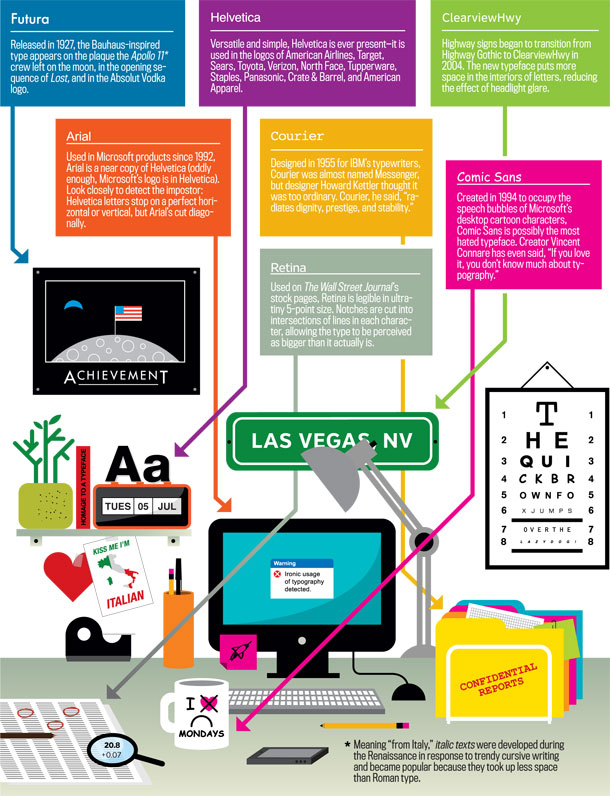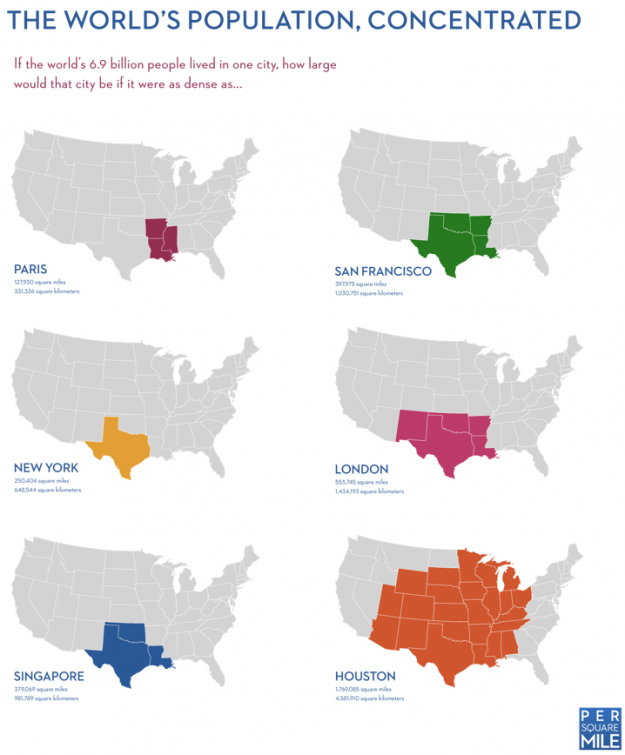Sunday, July 31, 2011
In Afghanistan, Rage at Young Lovers
 Rafi Mohammed, 17, is held in a juvenile prison in Herat for trying to run off with his girlfriend, Halima Mohammedi.
Rafi Mohammed, 17, is held in a juvenile prison in Herat for trying to run off with his girlfriend, Halima Mohammedi.Saturday, July 30, 2011
Industry clusters: The modern-day snake oil
 "A recent study provides one more argument against government officials who tout ‘industry clusters' as the Holy Grail of regional growth and innovation, writes columnist Vivek Wadhwa. Harvard Professor Michael Porter's outdated cluster theory lies at the heart of what is wrong with these common prescriptions.
"A recent study provides one more argument against government officials who tout ‘industry clusters' as the Holy Grail of regional growth and innovation, writes columnist Vivek Wadhwa. Harvard Professor Michael Porter's outdated cluster theory lies at the heart of what is wrong with these common prescriptions."He observed that geographic concentrations of interconnected companies, specialized suppliers, and service providers gave certain industries a productivity and cost advantage. His legions of followers postulated that by bringing these ingredients together into a ‘cluster,' regions could artificially ferment innovation. "
Read the Washington Post article.
This makes me feel better about how I look post-work out...
 Reaaaaaaaal ugly.
Reaaaaaaaal ugly.French photographer Sacha Goldberger snapped images of joggers in Paris immediately after a sprint, then again a week later in their regular clothes, in roughly the same pose. Check out the FastCoDesign site for the full portfolio. (Thanks, Kristina!)
Sunday, July 24, 2011
Saturday, July 23, 2011
Mastering the Machine
 How Ray Dalio built the world’s richest and strangest hedge fund. Read more in the New Yorker article on Bridgewater's CEO. (Thanks, Claire)
How Ray Dalio built the world’s richest and strangest hedge fund. Read more in the New Yorker article on Bridgewater's CEO. (Thanks, Claire)
The Fringe Benefits of Failure, and the Importance of Imagination
J.K. Rowling Speaks at Harvard Commencement from Harvard Magazine on Vimeo.
For all the muggles out there struggling with how to challenge personal failure and unlock your inner imagination: check out the transcript in Harvard magazine. (Thanks, Ed)
Ring-Finger Follies
Amy Deneson writes up a touching definition of devotion -- check out her proposal in the Modern Love column. (Thanks, Claire)
Monday, July 18, 2011
Real Change Requires Politics
This editorial on social enterprise touches about 70% of the topics on this blog!
(Fantastic find, Claire.)
(Fantastic find, Claire.)
World Bank’s New Tool to Fight Poverty: Its Trove of Data
 "Long regarded as a windowless ivory tower, the World Bank is opening its vast vault of information. For more than a year, the bank has been releasing its prized data sets, currently giving public access to more than 7,000 that were previously available only to some 140,000 subscribers - mostly governments and researchers, who pay to gain access to it.
"Long regarded as a windowless ivory tower, the World Bank is opening its vast vault of information. For more than a year, the bank has been releasing its prized data sets, currently giving public access to more than 7,000 that were previously available only to some 140,000 subscribers - mostly governments and researchers, who pay to gain access to it."Those data sets contain all sorts of information about the developing world, whether workaday economic statistics - gross domestic product, consumer price inflation, and the like - or arcane information like how many women are breast-feeding their children in rural Peru.
"It is a trove unlike anything else in the world and highly valuable. For whatever its accuracy or biases, this data essentially defines the economic reality of billions of people and is used in making policies and decisions that have an enormous impact on their lives."
Read more in the NYT article.
Too Many Public Works Built on Rosy Scenarios
It's a truism that infrastructure project promoters routinely overstate benefits and understate costs. According to Bent Flyvbjerg, a professor of major program management at the University of Oxford's Said Business School, "cost overruns in the order of 50 percent in real terms are common for major infrastructure, and overruns above 100 percent are not uncommon. Demand and benefit forecasts that are wrong by 20-70 percent compared with actual development are common."
"It is not the best projects that get implemented, but the projects that look best on paper," Flyvbjerg writes. "And the projects that look best on paper are the projects with the largest cost underestimates and benefit overestimates, other things being equal."
Read more in the Bloomberg article.
Internet rules and laws
The top 10, from Godwin to Poe: the internet has matured into a world of its own, and like the real world, it obeys certain immutable laws. Here are 10 of the most important.
Skitt’s Law and The Law of Exclamation... so true. (Thanks, John)
Skitt’s Law and The Law of Exclamation... so true. (Thanks, John)
How Frequent Fliers Exploit A Government Program To Get Free Trips
 Fliers order coins from the U.S. Mint to earn frequent-flier miles. Read more in the NPR article. (Thanks, Tom)
Fliers order coins from the U.S. Mint to earn frequent-flier miles. Read more in the NPR article. (Thanks, Tom)
TypeCon
A fun chart for the typophiles out there:
 Read the FastCompany post.
Read the FastCompany post.
Long before Comic Sans mimicked comic-book writing, Gutenberg aped the lettering of handwritten manuscripts with his printing press. Soon enough, millennial middle schoolers could delight in changing the type of every paragraph. Attendees of New Orleans conference TypeCon may be a bit more serious in their pursuit of fine design through typography, but the draw is the same: making text look good and work well. Here's some typeface trivia to keep in mind the next time you're choosing an aesthetic.
 Read the FastCompany post.
Read the FastCompany post.
A Woman's Place
 Read the well-circulated New Yorker article by Ken Auletta. A short summary:
Read the well-circulated New Yorker article by Ken Auletta. A short summary:Ken Auletta profiles McKinsey alum Sheryl Sandberg, now chief operating officer of Facebook. A former student of Lawrence Summers at Harvard, she also worked with him at the Department of Treasury, and before she joined Facebook, she was vice president for global online sales and operations at Google, where she helped create the young company's success in advertising.(Thanks Tom, David, and Claire)
The profile highlights Sandberg's efforts to increase the numbers of women in corporate leadership roles, including a widely viewed and controversial presentation she gave at the TEDWomen conference, in which she delivered what Auletta describes as her "post-feminist message."
Also discussed are Sandberg's success in making Facebook profitable; tensions between her and Google, from which she has hired many employees; Facebook's ambitions to enter China; and the prospect of a Facebook IPO, which Sandberg describes as inevitable.
A Fight Over Keeping Boards in the Boardwalk
 Part of the Coney Island Boardwalk, originally built with wood from the Amazon rain forest, is now concrete. More changes are planned.
Part of the Coney Island Boardwalk, originally built with wood from the Amazon rain forest, is now concrete. More changes are planned.So sad -- real boardwalks are one of my favorite things. Read the NYT article.
A Gillibrand Campaign: More Women in Politics
 Senator Kirsten Gillibrand, right, at an event last month called Getting Women Off the Sidelines. Read the full NYT article. (Thanks, Claire)
Senator Kirsten Gillibrand, right, at an event last month called Getting Women Off the Sidelines. Read the full NYT article. (Thanks, Claire)
Friday, July 15, 2011
U.S. Energy: Where It’s From, Where It Goes, and What’s Wasted
I can't post the interactive graphic in this post, but it is phenomenal. Check it out in Bloomberg. (Thanks, Claire)
Baboon Study Shows Benefits for Nice Guys, Who Finish 2nd
Alpha males may hold power and attract females, but a study of baboon troops in Kenya shows they have very high levels of stress. Read more in the NYT.
Saturday, July 2, 2011
Daughters of the Brothel
 Naseema was born into and lives in one of India's most infamous brothels but is now working to free trafficked women.
Naseema was born into and lives in one of India's most infamous brothels but is now working to free trafficked women.Read the full article (and documentary) at Al Jazeera. (Thanks, Claire)
The Mississippi River Flood and the Katrina Risk
"New Orleans and Baton Rouge are one breached levee away from Katrina-like devastation. Can the Army Corps of Engineers save them?" Read the Businessweek article. (Thanks, Claire)
Subscribe to:
Posts (Atom)
Why Women Aren’t C.E.O.s, According to Women Who Almost Were
"It’s not a pipeline problem. It’s about loneliness, competition and deeply rooted barriers." Read more in the NYT .

-
"Why I don’t talk about race with White people." Read more in Medium .
-
Read more about Helena's work with the "30% Club" in the NYT . Thanks, +Leslie Labruto . Read past blog posts about Helen...



